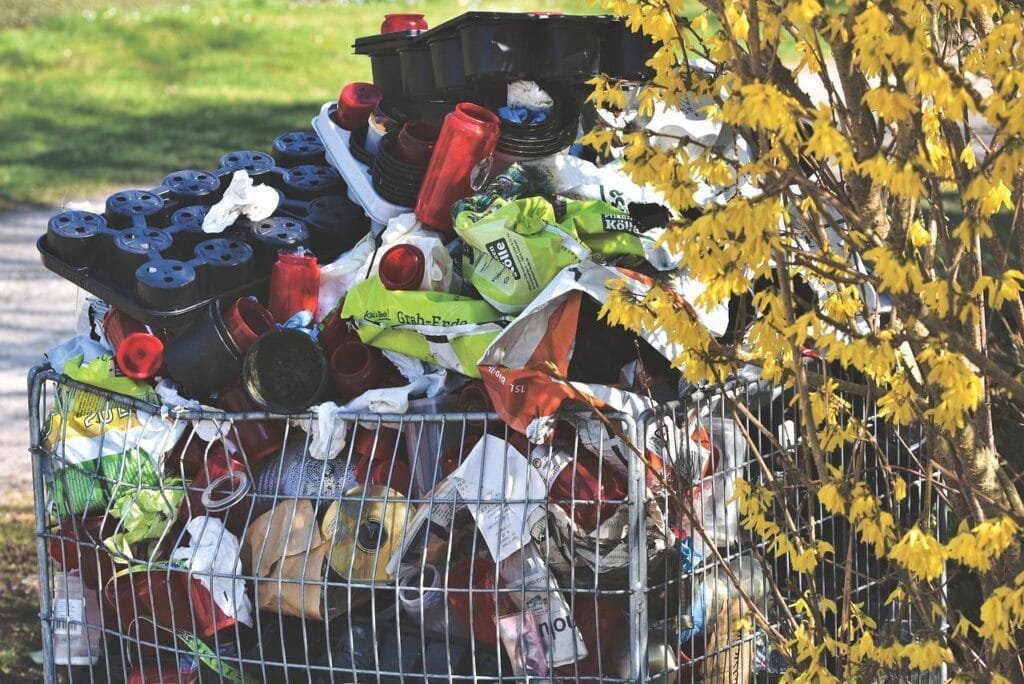The European Parliament and EU Council reached provisional agreement Tuesday on a targeted revision of the EU’s Waste Framework Directive.

The aim of the amended Waste Framework Directive is to promote a circular economy throughout the EU, foster innovation and move towards more sustainable industrial and consumer practices.
Over 59 million tonnes of food waste are generated in the EU every year, representing an estimated loss of €132 billion. The EU also generates 12.6 million tonnes of waste textile per year. Clothing and footwear alone account for 5.2 million tonnes of waste, equivalent to 12 kg of waste per person every year.
A common set of rules will increase sustainability for businesses and consumers, says the Commission, and harmonise the single market for used and waste textiles.
The agreement accelerates EU ambition to halve per capita global food waste and reduce food losses along production and supply chains by 2030. EU Member States need to reduce food waste by 10% in processing and manufacturing by 2030. They also need to reduce food waste by 30% (per capita) jointly at retail and consumption, which includes restaurants, food services and households.
Regarding textile waste, with the amended Waste Framework Directive each Member State will set up its own ‘Extended Producer Responsibility’ (EPR) scheme for textile and footwear products. Under such schemes, textile producers will contribute to the management of used and waste textiles. By being responsible for the end of lifetime of the products they sell, producers will be encouraged to design longer-lasting textile products that are easier to be reused, repaired and to recycle. This contribution will also foster investment in separate collection, sorting, reuse and recycling capacities. This will contribute to the creation of a circular economy for textiles.
The new rules tackle illegal textile waste exports. By clearly defining what constitutes “waste” versus “reusable” textiles, sorting will take place before used textiles are shipped. This measure complements the new, which ensures textile waste is only exported when it can be managed in an environmentally sustainable manner.
The European Parliament and the Council will now formally have to adopt the revised Directive before it can enter into force. Tjhis will be 20 days after its publication in the Official Journal of the EU. Member States will then need to transpose the Directive into national legislation within 20 months of the entry into force.
Webpage on Waste Framework Directive
Webpage on EU Strategy for Sustainable and Circular Textiles







